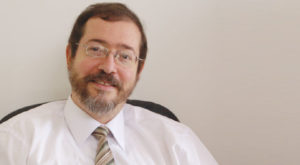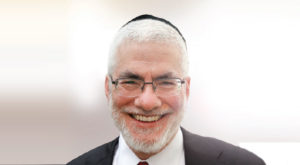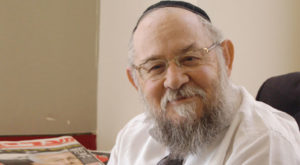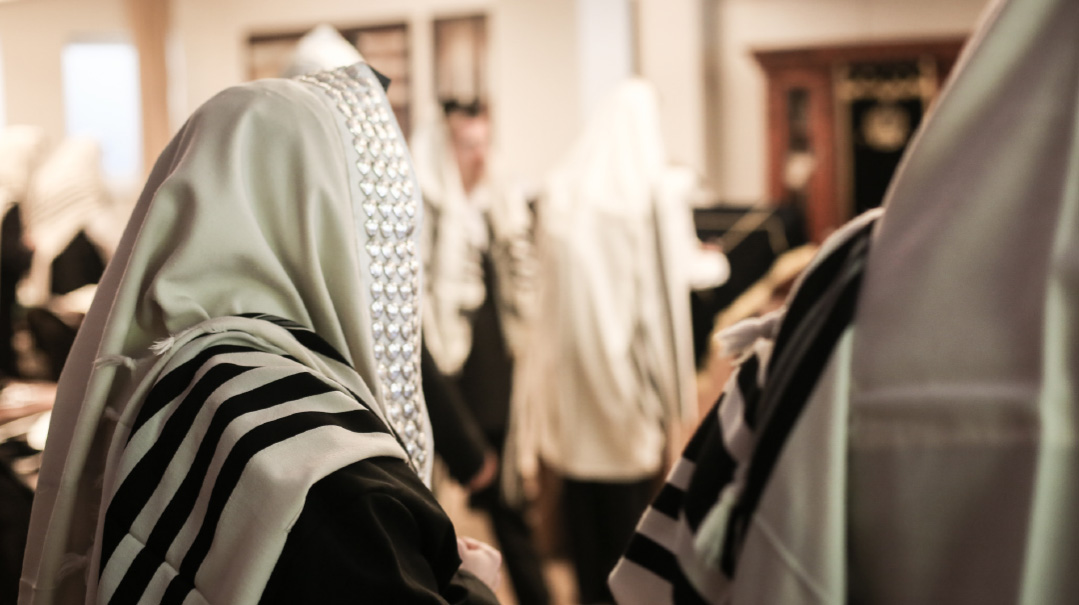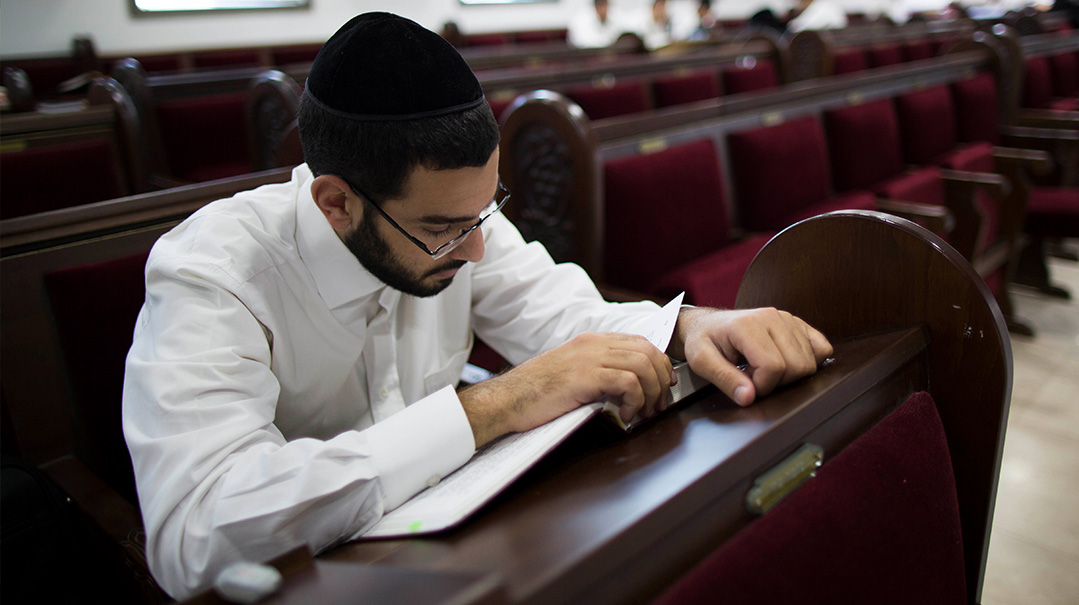We’re Standing on Their Shoulders
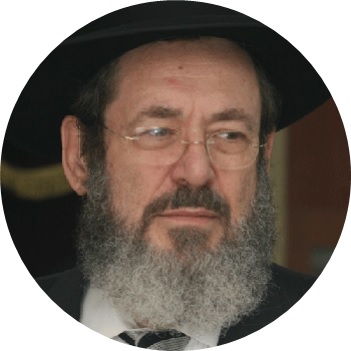
We dare not judge those who came before us, because we stand on their shoulders, and all the spiritual bounty we enjoy comes only through their sacrifice, determination, and strength
When Mishpacha recently asked me to share memories of my period in Yeshiva Torah Vodaath, the floodgates of my memory bank opened. I found myself not just remembering Rabbi Moshe Rivlin ztz”l — who, in 1948, was director of the dormitory, along with his many other duties — but also reflecting on his approach.
I was ten years old and one thousand miles from home, so I was fortunate to have been one of his boys, under his care and tutelage.
What, for example, did he do with us young boys on long Motzaei Shabbosim? One option was to let us hang around the dark Williamsburg street corners, or, even worse, find activities for ourselves that would remove us from the yeshivah’s atmosphere.
Instead, he created a better choice, hosting entertainment evenings in the yeshivah dining room. We would gather, each of us placing two pennies into his yarmulke in exchange for a numbered ticket. Then we watched cowboy movies, enthralled by the action.
Though there was very little that could be considered inappropriate, Rabbi Rivlin stood vigilantly in front of the huge 32-millimeter projector, his hand ready to cover the lens if anything objectionable appeared.
On a particularly long Motzaei Shabbos, we were especially lucky: We were shown a double feature.
After the movie, Rabbi Rivlin called out the winning number, announcing the lucky winner of all the pennies, which was quite a haul back when a small bottle of Coke or candy bar cost five cents.
In today’s day and age, Rabbi Rivlin’s way of saving youngsters would not be acceptable in the yeshivah system, but it helped save those who grew up in America during the ’40s and ’50s.
Rabbi Rivlin’s approach brings us to a broader discussion regarding generations past.
Baruch Hashem, we have been zocheh to see movies morph into Avos U’banim, but each form of programming had a time and place in history.
I knew Rabbi Rivlin. There is not a chance that he acted on his own, and his decisions were certainly sanctioned by the great roshei yeshivah of that time.
Each generation and each individual has nisyonos tailor-made for them, and the right path to dealing with any situation depends on the circumstances. As long as an approach is undertaken with consultation with daas Torah, we must embrace it and identify it as correct for that particular time and place.
Another key example of this principle: In 1912, 15 young English-speaking Orthodox Jews on the Lower East Side were having a hard time adjusting to the old shuls where everyone spoke Yiddish. They wanted an English-speaking rabbi who would adhere to the mesorah, with complete fealty to the Shulchan Aruch and minhagei Yisrael.
They opened the first Young Israel.
In more than a century of existence, they held on to shemiras Shabbos even as others fell away, creating a solution that worked for that time and place and saving American Yiddishkeit.
Furthermore, the Young Israel movement — which spread to 135 communities, comprising 25,000 members — served as the catalyst upon which our current yeshivah system was built. Young Israel members sent their children to yeshivos and raised funds for mosdos haTorah to grow and flourish.
We can look at Young Israel and judge them for wanting American, English-speaking rabbis, or we can appreciate that they created the basis for our observance of Torah and mitzvos in America today.
Chazal use the term “achshar dara” to describe the improved spiritual level of a generation, but being so blessed is never an excuse to look down on the previous generation.
Most of the early frum settlers in America kept kosher by eating pas palter and chalav stam, but it was their dedication to that level of kashrus that enabled us to enjoy our pas Yisrael and chalav Yisrael today.
Without the lower rungs of the ladder, you cannot reach the top.
We dare not judge those who came before us, because we stand on their shoulders, and all the spiritual bounty we enjoy comes only through their sacrifice, determination, and strength.
Movies at prestigious yeshivos on Motzaei Shabbos wouldn’t fly today, and that’s fine; I’m not calling to bring it back. I’m simply suggesting that those movies, at that time, were as necessary as the learning programs of today.
We should never forget that.
Rabbi Shneur Aisenstark is the dean of Beth Jacob Seminary of Montreal.
Originally featured in Mishpacha, Issue 773.
Oops! We could not locate your form.

